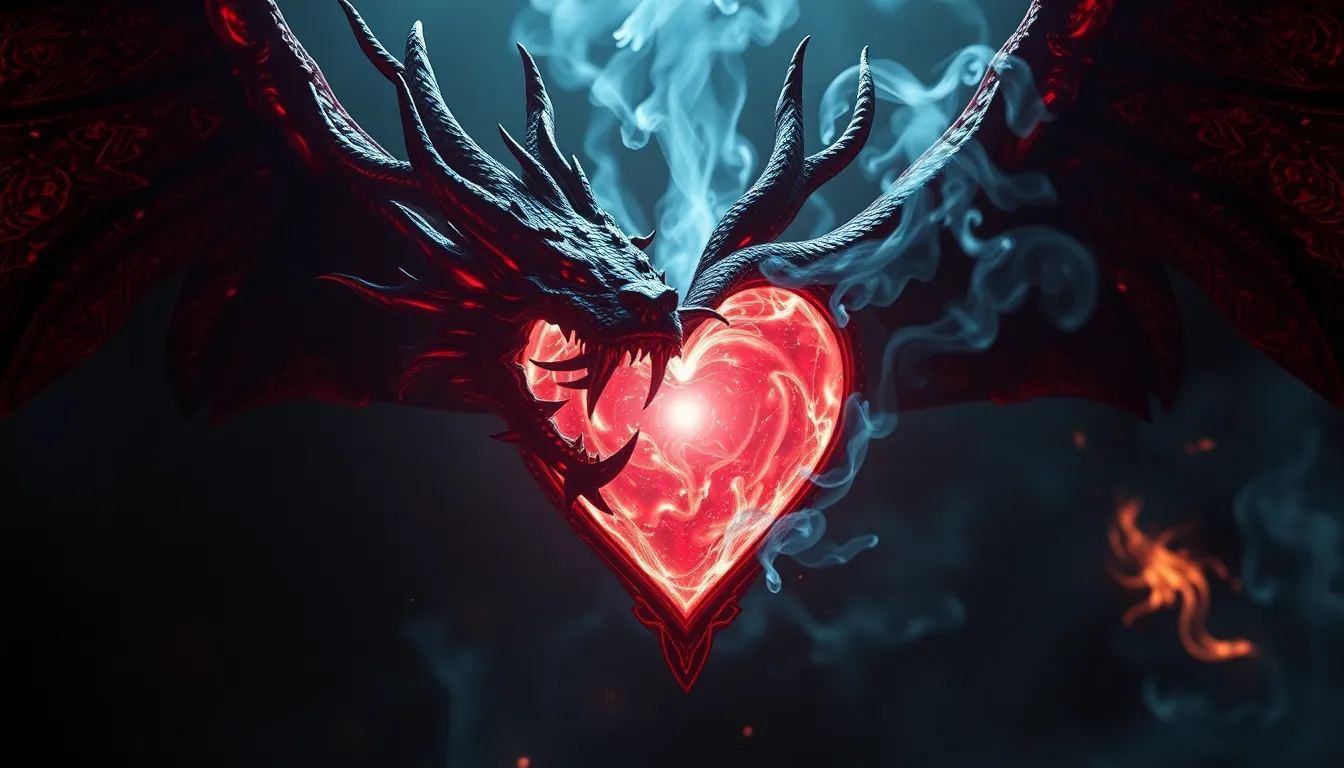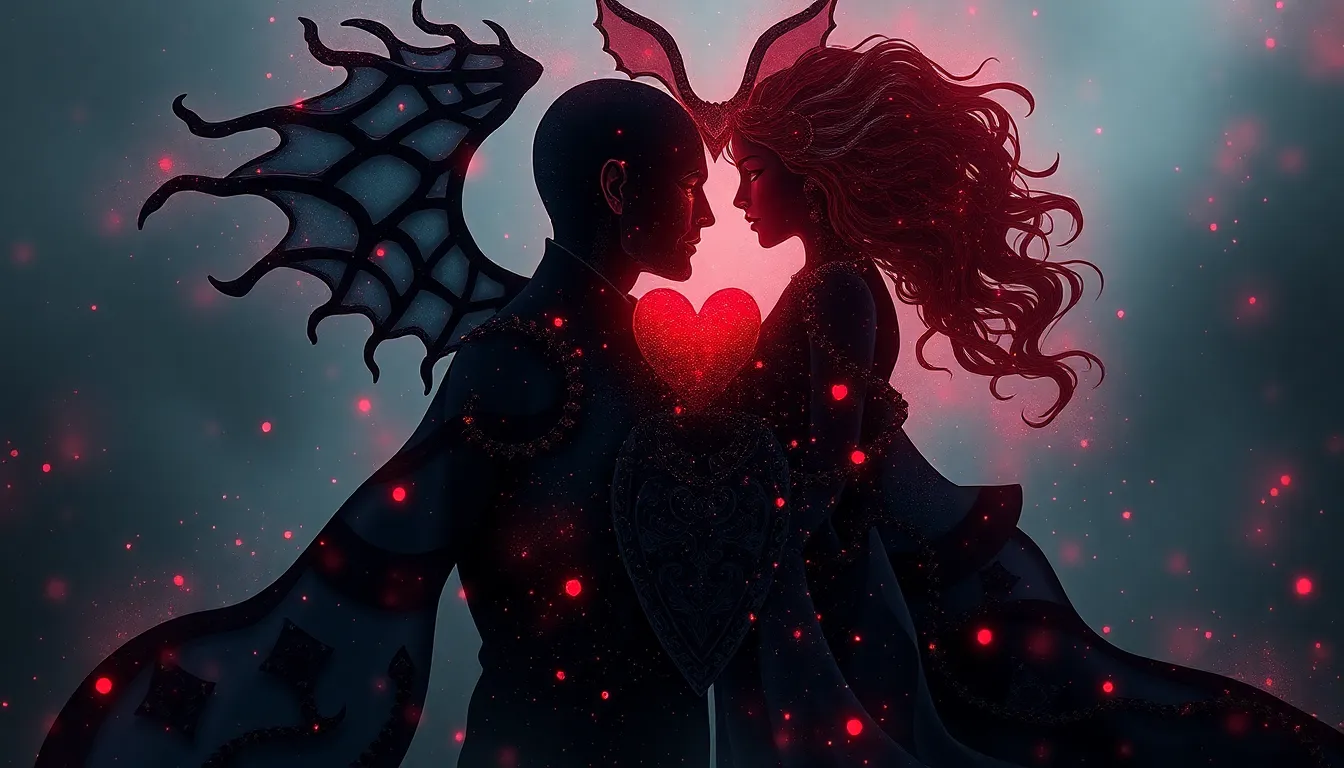The Influence of Persian Mythology on World Literature
Introduction: Unveiling the Rich Tapestry of Persian Mythology
Persian mythology, with its captivating tales of heroism, love, and mystical journeys, has left an indelible mark on world literature. From the ancient Avesta, the sacred text of Zoroastrianism, to the epic poem Shahnameh, the national epic of Iran, Persian myths have inspired writers and poets across cultures and throughout history. This rich tapestry of stories continues to resonate with audiences today, offering timeless lessons about human nature, morality, and the enduring power of the human spirit.
A Journey Through Time: Exploring the Roots of Persian Mythology
The roots of Persian mythology lie in the ancient past, stretching back to the Indo-Iranian period around 1500 BCE. During this time, the Proto-Indo-Iranians, a nomadic people, shared a common language and mythology. As they migrated and settled in different regions, their mythology evolved and diverged, giving rise to distinct Iranian and Indian mythologies. The Iranian branch further developed into various regional traditions, including the mythology of the Medes, Persians, and Scythians. These regional mythologies later merged and were codified in the Avesta, the sacred text of Zoroastrianism.
The Avesta: A Sacred Text and the Foundation of Zoroastrianism
The Avesta, composed around 600 BCE, is the primary source of Zoroastrianism, an ancient Iranian religion founded by the prophet Zoroaster. It contains a vast collection of hymns, prayers, and philosophical texts, including the Gathas, which are believed to be the words of Zoroaster himself. The Avesta not only provides insights into Zoroastrian beliefs and practices but also serves as a repository of ancient Iranian myths and legends. These myths include the creation story, the battle between good and evil, and the eschatological vision of the end of the world.
The Shahnameh: A Literary Masterpiece and the Epic of Kings
The Shahnameh, written by the 10th-century poet Ferdowsi, is the magnum opus of Persian literature. This epic poem, consisting of over 50,000 verses, tells the story of the mythical and historical kings of Persia from the creation of the world to the Islamic conquest in the 7th century CE. The Shahnameh is not only a literary masterpiece but also a rich source of Persian mythology. It features numerous stories of heroes, villains, and magical creatures, including the legendary hero Rostam, the tragic lovers Shirin and Farhad, and the wise king Kay Khosrow.
6. Mystical Journeys and Heroic Battles: The Enduring Legacy of Rostam and Sohrab
Among the many heroes of Persian mythology, Rostam stands out as the most revered and celebrated. A warrior of unparalleled strength and courage, Rostam is the central figure of the Shahnameh, embodying the ideals of chivalry, loyalty, and unwavering devotion to his king. His most famous tale, the tragedy of Rostam and Sohrab, is a poignant exploration of mistaken identity, filial love, and the devastating consequences of war.
The story follows Rostam, a seasoned warrior returning home after years of battling foreign invaders. He encounters a young and formidable warrior, Sohrab, who challenges him to a duel. Unaware that Sohrab is his long-lost son, Rostam reluctantly engages in the fight. As the battle progresses, Sohrab gradually gains the upper hand, revealing his remarkable strength and skill. Rostam, impressed by his opponent's prowess, realizes the youth's potential and tries to reconcile with him.
However, fate takes a tragic turn. During the struggle, Sohrab accidentally reveals a talisman given to him by his mother, Tahmineh. Rostam instantly recognizes it as the symbol of his own lineage. Horrified and grief-stricken, Rostam realizes that he has slain his own son in a senseless battle. Sohrab, on his deathbed, forgives his father, leaving Rostam eternally haunted by the guilt and remorse of his actions.
The tragedy of Rostam and Sohrab resonates deeply with audiences, highlighting the enduring power of familial bonds and the devastating consequences of conflict. Rostam's strength and heroism are overshadowed by his tragic flaw, reminding us that even the greatest warriors are vulnerable to human failings. The story remains a potent reminder of the importance of understanding and recognizing one's adversaries, emphasizing the tragedy that unfolds when communication and compassion fail.
7. Love, Loss, and Sacrifice: The Tragic Tale of Shirin and Farhad
Another enduring love story of Persian mythology is the tale of Shirin and Farhad, a poignant narrative of unrequited love, sacrifice, and enduring devotion. Shirin, a beautiful princess, becomes the object of desire for both Khosrow, a powerful king, and Farhad, a gifted sculptor. Khosrow, using his authority and wealth, wins Shirin's hand in marriage. However, Shirin's heart



